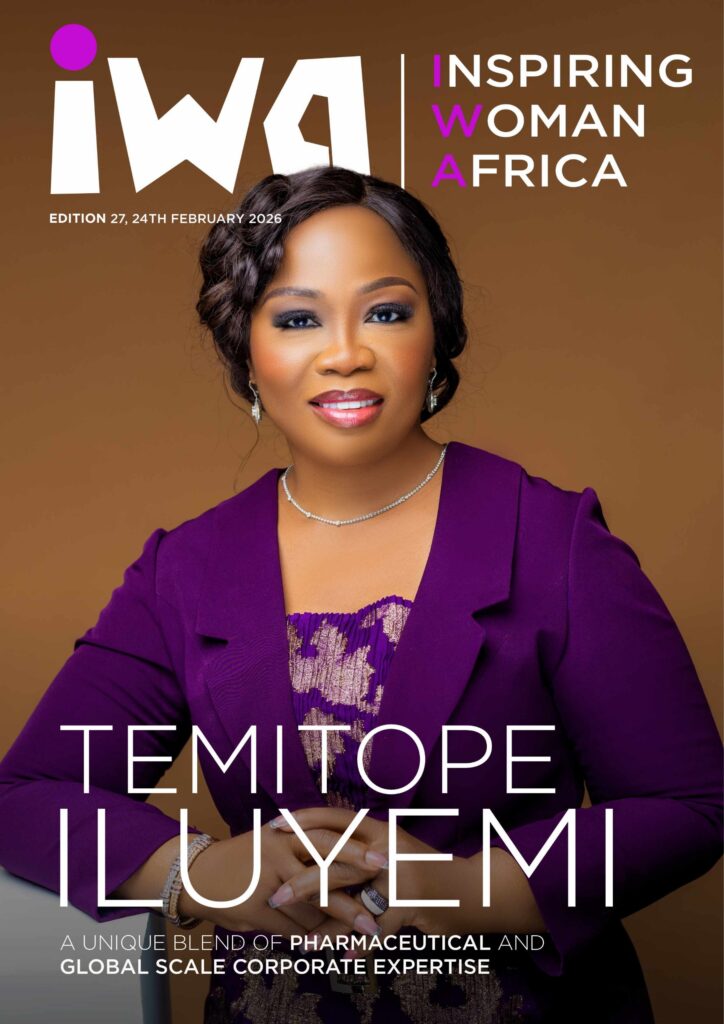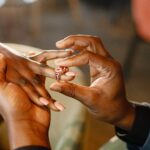
I wish I could say I remember when the nationalists were advocating and fighting for Nigeria’s independence, but I haven’t been around that long. I only read about them in history books that weren’t effectively taught in school, but left in the cornermost part of the library.
However, I’ve been around long enough to conclude that this probably wasn’t the Nigeria of their dreams. A place where investment in education falls short of expert recommendation. A Nigeria where young people are disillusioned with the country and can’t wait to get out of it. A Nigeria where the Nigerian dream has long been forgotten in the struggles of an average youth.
I asked a few young people what the Nigeria of their dreams looked like. Their responses were a meld of emotions.
“The Nigeria we want depends on the leadership choices we make today. This is an unprecedented time where government policies are translating into real life realities, like the NELFUND, for example. The government can’t be worse than the people they’re representing, so ask yourself, what kind of person or leader are you, especially when no one is looking.” A concerned Nigerian Youth.
I chose to put the positive opinion first because we can’t afford to lose hope regardless of the situation. Here’s someone who thinks we can’t get it right unless we practice true federalism.
“Nigeria won’t experience significant transformation anytime soon. We gained independence from foreign oppressors 65 years ago, but we are yet to gain independence from our native oppressors who are produced by society. Our moral fabric is torn and it reflects in our choice and system of leadership.
Also, our greatest obstacle towards national prosperity is the pseudo federalism we are currently practicing. For us to achieve real development, we must go back to the “True Federalism” system that recognises regional government and autonomy.” Another concerned Nigerian youth stated.
While these voices reflect a layer of discouragement, it holds a shared longing for a country that truly works. Approximately 70% of Nigeria’s population is between 17 and 30 years old, presenting a unique opportunity for economic growth. Yet, this could also signal economic decay if investment in education and gender representation are neglected.
This year, a whopping N3.52 trillion was allocated to education in Nigeria’s budget, a significant increase from the 2024 budget, but it still falls short of what is necessary to cover, especially with 18 million children out of school.
The issue of gender representation in leadership is equally important for Nigeria’s development. More than 10 million of the out-of-school children are girls, and the number of women in political or decision-making positions is negligible. Studies have shown that when women are empowered to contribute fully, society grows exponentially, because they make up about half of the population.
I dream of a Nigeria where every child regardless of gender has access to quality and affordable education, where women are fully and equally contributing to decision making. A Nigeria where young people are eager and excited to stay and build because the systems work. Independence Day shouldn’t only be about commemorating the glories of our past, but also about taking action for our next 65 years.
Zainab ADEROUNMU A. W. is a First Class graduate of English Language and the Overall Best Graduating Student from the Lagos State University, Lagos Nigeria. She’s a professional Master of Ceremonies, known as The Hijabi Compere , a public speaking coach and Communications Professional. She is currently a Youth advisor to the European Union where she doubles as the Spokesperson and Head of Communications & PR for the Youth Sounding Board.
Latest Posts
-
Feb 24, 2026 Busie Matsiko
-
Feb 24, 2026 Seven Money Moves to Make Today






